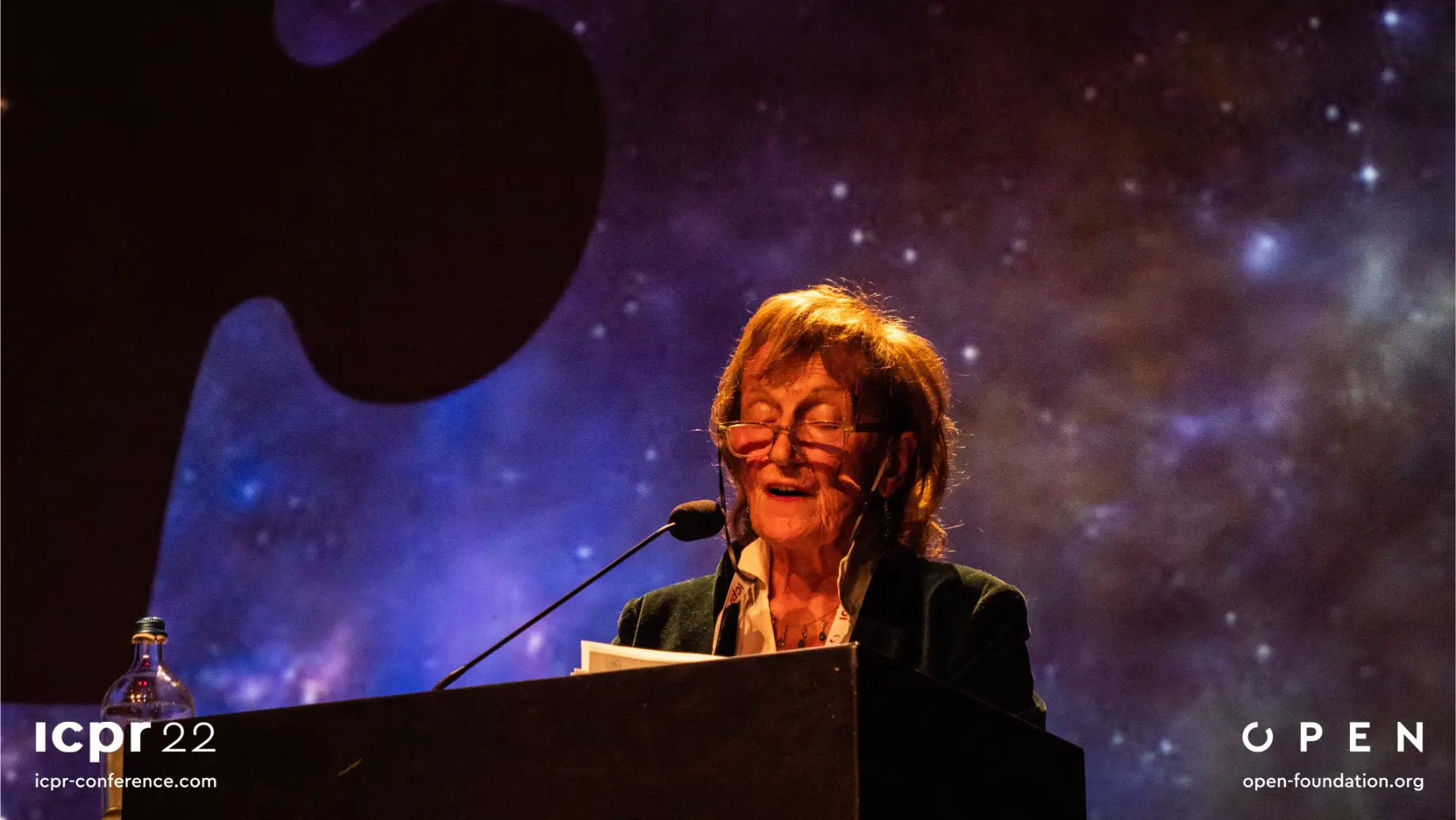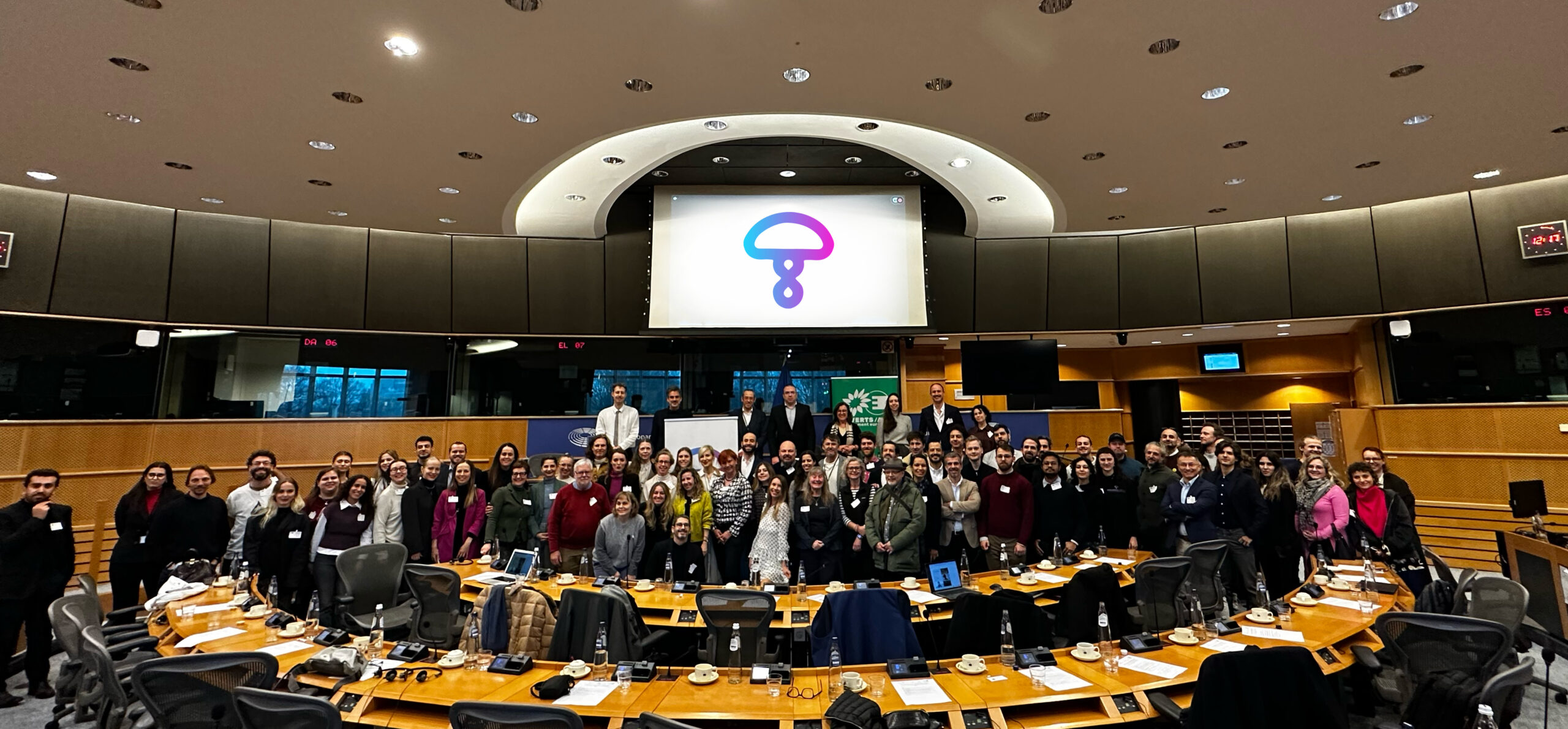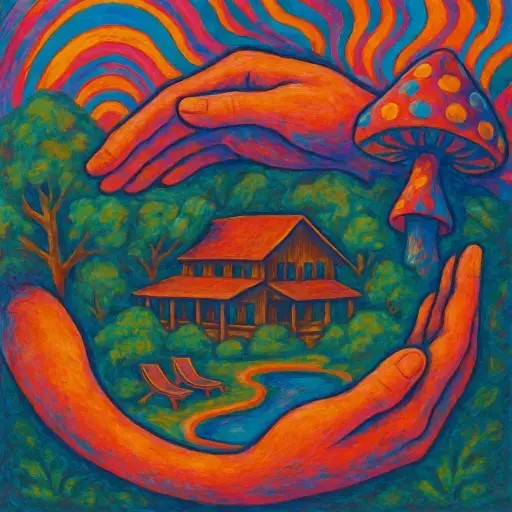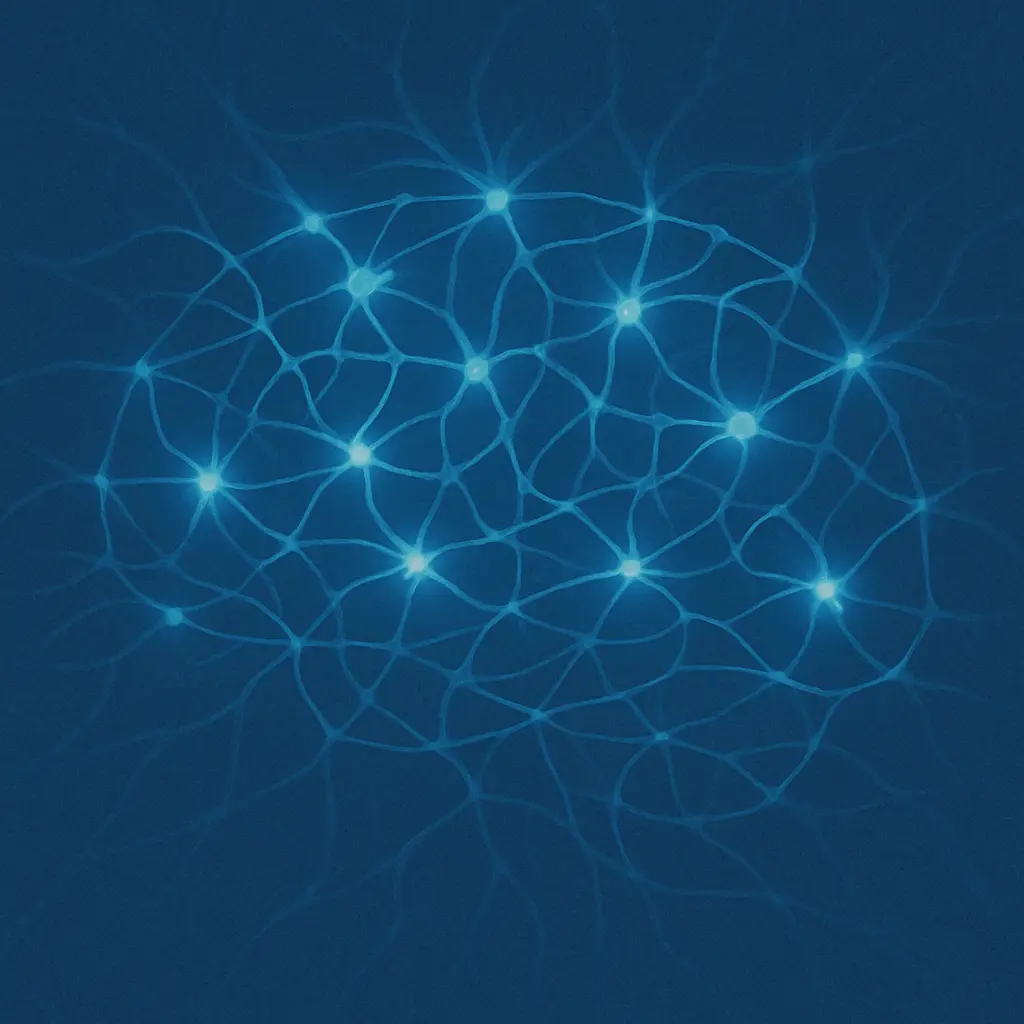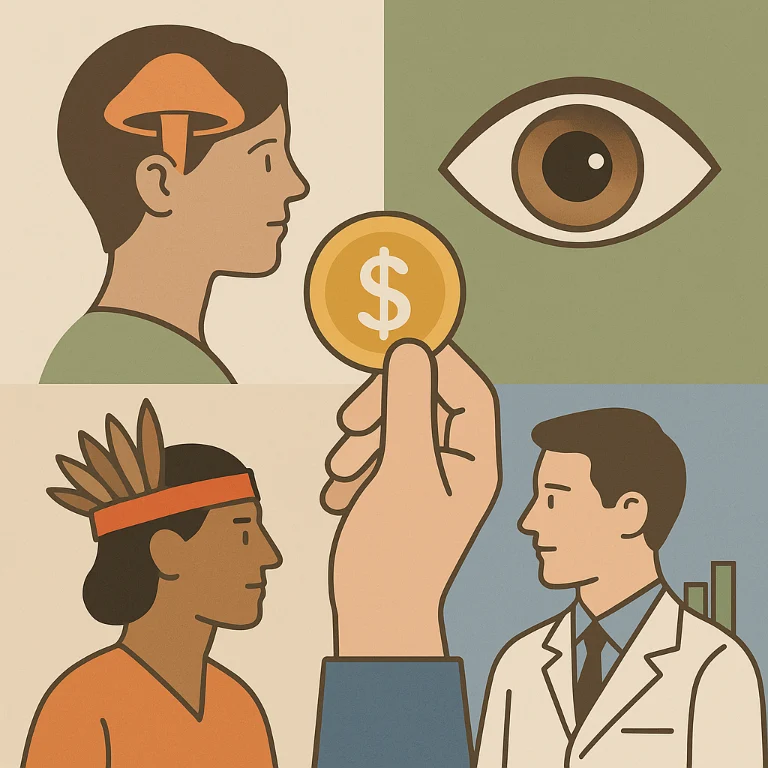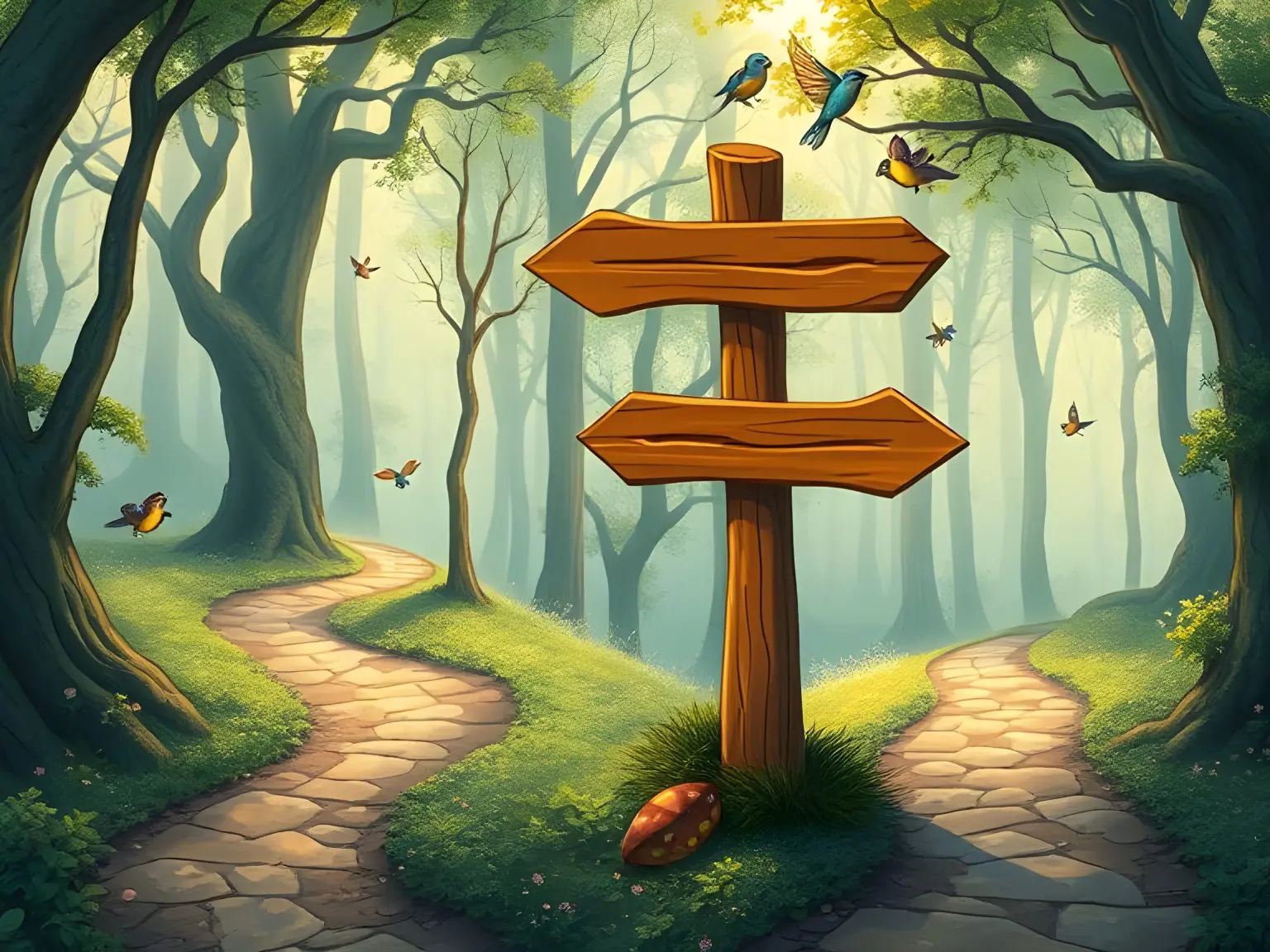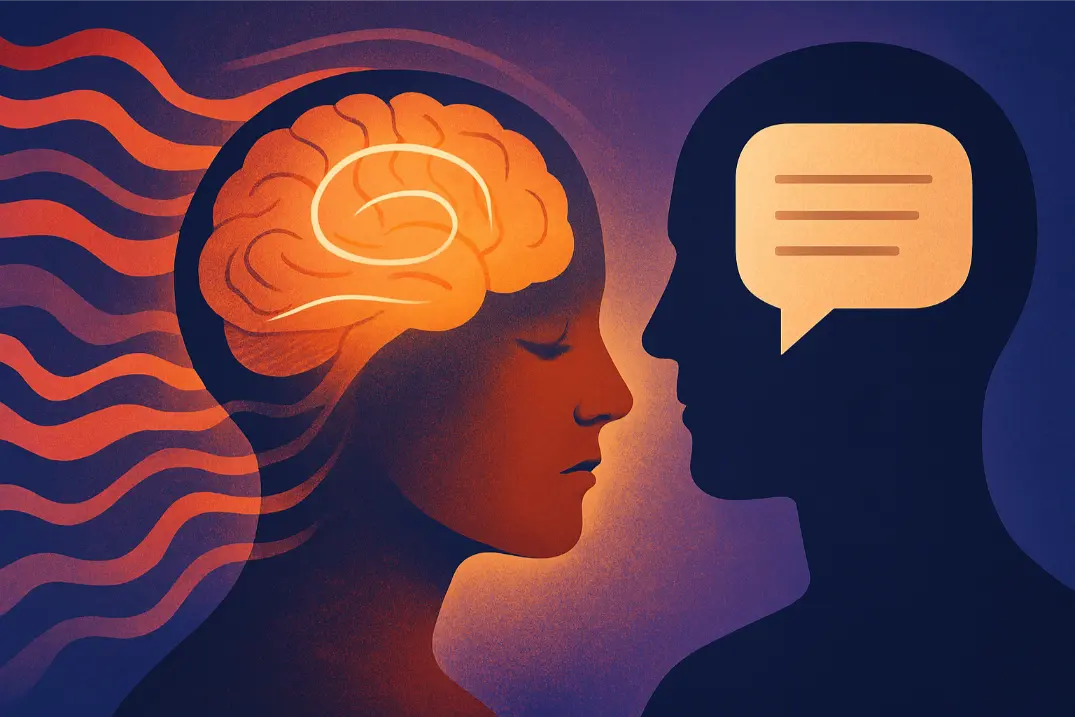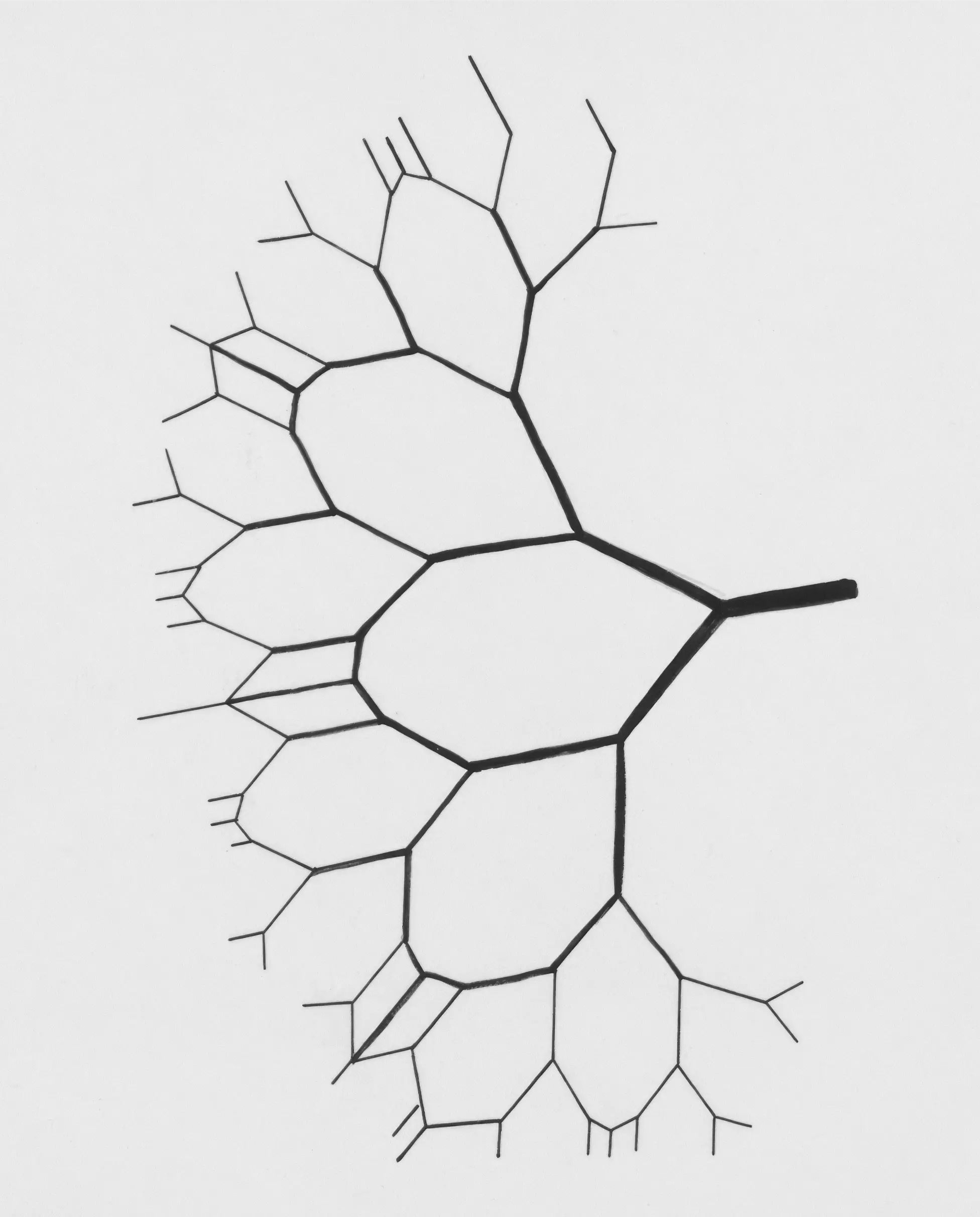
Articles & News
Most Recent

By category

don't miss the news
Interested in psychedelic science and therapy? Stay informed about the latest research, news, and updates by subscribing to the OPEN Minded Newsletter. Every three weeks, we'll send you informative and insightful content about exclusive events, opportunities, programmes, and free resources!
By clicking SUBSCRIBE, I confirm to receive emails from the OPEN Foundation and agree with its privacy policy.



